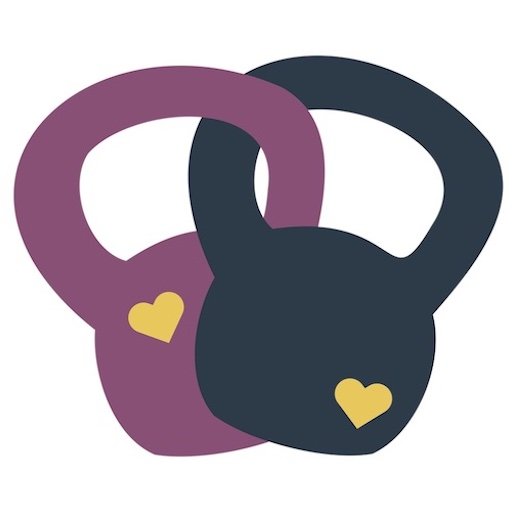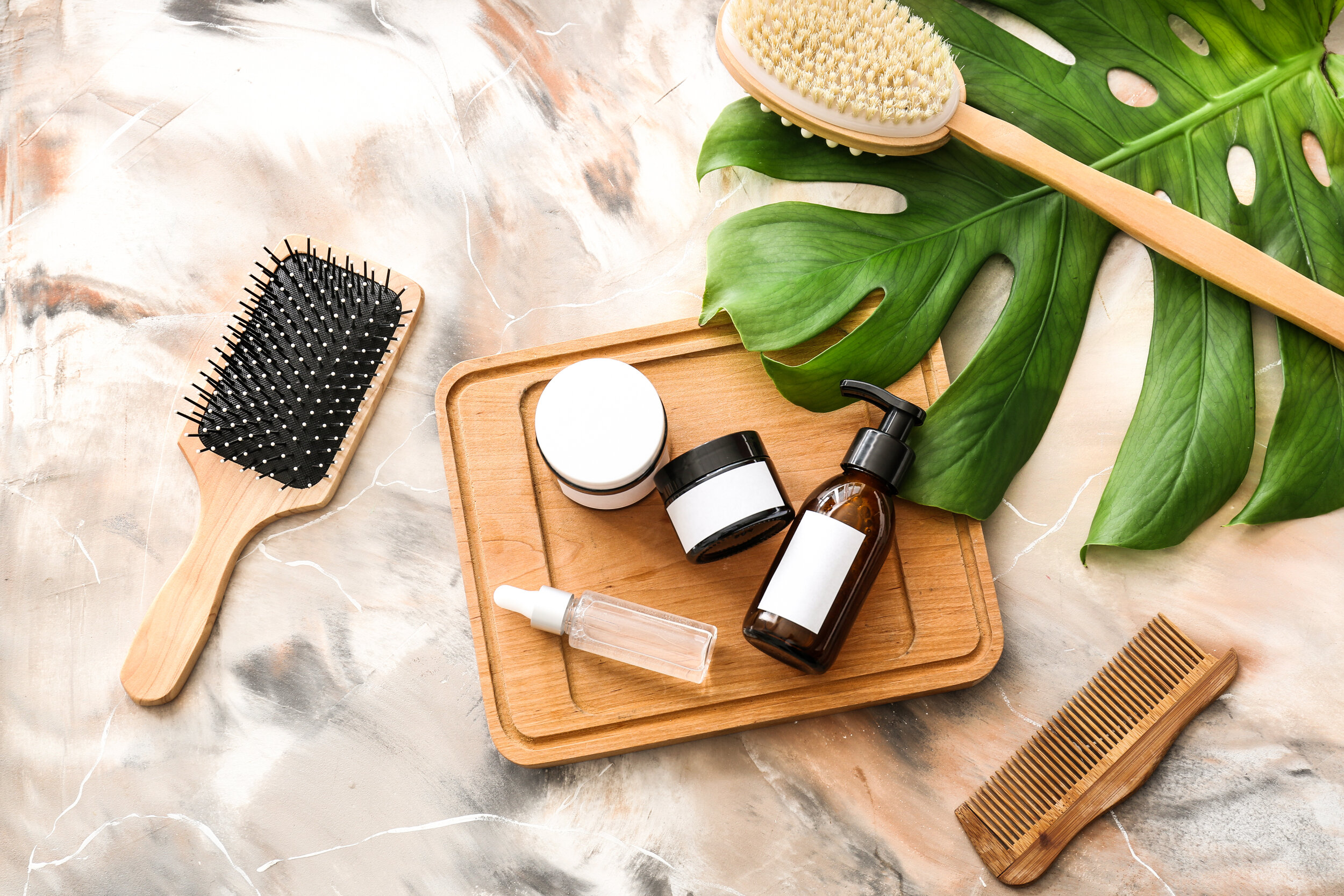How to get your hormones back on track in 2021
Heyyy…
I think you can agree with me that 2020 was an unusual year. You probably had more stress, possibly less income, and ultimately, a lot of reasons for your hormones to struggle.
So I’ve gathered some hormone balancing basics for you, to help you decide what to prioritize in 2021. Think of these guidelines as you set your intentions for the year, create a resolution, or begin a new self care routine.
Less is more
It’s so easy to get caught up in all the bells and whistles, especially if you’re taking a functional medicine approach to your hormone health. DUTCH testing is awesome, stool testing can be extremely informative, and monitoring your blood glucose can help you figure out what foods make you feel your best.
But, these things can also bring a lot of expense, data gathering, and stress. That’s why I often use just symptoms to identify where to start with clients who feel overwhelmed with their hormones.
Symptoms like your poop frequency, energy level, and mood can tell you whether what you’re doing right now is helping or hurting, and they’ll get better as you introduce habits that help your hormones. Here’s some basic practices that (if you’re not already doing them) are sure to help.
1) Introduce more variety of phytonutrients
If you like to stick to their tried-and-true meals, you’re getting the same nutrients over and over again. This can be a good thing when nutrients are abundant, and it can put you at risk of insufficiency if you aren’t getting a lot of variety.
I recommend aiming for at least 3 different colors of veggies daily, and 5 is even better. You can also get more variety by using different and abundant herbs and spices, or try a new fruit every week.
Why it helps: Supports hormone metabolism and excretion, improves blood sugar regulation, and reduce metabolic stress.
2) Eat more fiber
Fiber does SO much for you - it’s really an undervalued nutrient in my opinion. Fiber helps slow down digestion so you can absorb nutrients thoroughly without spiking your blood sugar.
It binds to toxins, hormones, and metabolic waste to help it get out of your body. And, it’s a big part of satiety, the fullness effect that helps you enjoy your food. I recommend aiming for 25-35 grams per day. Some foods high in fiber are oats, blackberries, raspberries, pumpkin seeds, broccoli, apples, black beans, chickpeas, and lentils.
Why it helps: Supports hormone metabolism and excretion, improves blood sugar regulation, and reduces metabolic stress.
3) Boost your fats
Fats form cell membranes, are components of hormones, and are a big part of your brain structure. So…they matter! If you consume a higher amount of inflammatory fats (found in processed foods, shelf-stable foods, and some animal foods) than anti-inflammatory fats (found in fish, seeds, avocados, and olives), eventually you’ll experience changes in how your body manages inflammation.
Certain fats like omega 3s have a specific structure that is vital to helping nutrients get in and out of your cells, meaning that you get get more health benefits from your veggies and vitamins if you have lots of omega 3s included in your food choices. Try eating wild Alaskan salmon 1-3 times a week, adding flax, hemp, and chia seeds to your overnight oats/salads/cookies, and liberally enjoying avocados.
Why it helps: Reduces metabolic stress, improves nutrient circulation and use, improves blood sugar regulation.
4) Assess your exposure level
It’s no secret that heavy metals, toxin residues, and medications are in everything, even our drinking water. These can all be categorized as endocrine disruptors (things that interfere with hormone metabolism and excretion).
Your liver is doing a fantastic job of sorting things where they need to go so you don’t have long-lasting effects. However, it doesn’t hurt to help your liver out by reducing your exposure to endocrine disruptors, such as those found in plastic, receipts, unfiltered tap water, body wash, hand soap, makeup, and nail polish.
Take stock of all the ingredients you put on your body, and see if you can swap out a few for alternative options (especially ones that you wear daily and can live without).
How it helps: Supports hormone metabolism and excretion.
5) Trust that your body is resilient
One thing that you might not recognize as an important component of hormone balance is: trust. Your body knows how to take care of itself. Yes, even if you have a chronic illness(es).
Your body is winning at staying alive, and that’s because it’s very good and making things work in less-than-desirable circumstances. In fact, when your hormones are totally out of whack, it’s because your body is trying to protect you by responding to internal and/or external cues in a way that helps you stay alive. So, even though it may be very difficult to be grateful or appreciative, doing so is accurate and can help your nervous system downshift (which has a host of beneficial hormone effects).
Try naming 3 things about your body that you are grateful for, or journaling how your body has supported you throughout your life. Then read some of the notable statements out loud to yourself, and take a moment to reflect your appreciation.
How it helps: Calms sympathetic nervous system, reduces metabolic stress, improves blood sugar regulation.
6) Give yourself (or someone you love) a hug
If your hormone issues make you feel alienated, it’s time to reach out for physical touch. Touch can release endorphins, allowing your nervous system to adapt to whatever scenario you find yourself in. Touch can reduce the physical and emotional discomfort of hormone concerns and improve your relationship with yourself and others.
This can be in the form of a hug, professional massage, getting a pedicure or facial, doing your hair, sex (with yourself or a partner), or a full body scan meditation that involves placing your hands at each part of your body that you are connecting with.
How it helps: Calms sympathetic nervous system, supports hormone metabolism and excretion, reduces metabolic stress, improves blood sugar.
I hope these concepts help you as you care for your body this year. If you’re already incorporating all of these suggestions (and still struggling to feel ok), it’s time to get more specific help from a trusted healthcare provider. You can find a HAES-informed doctor, therapist, nutritionist, or fitness professional in your area on the HAES Community Registry. You can also set up a free consultation with me here to see how integrative nutrition and movement can help.
Please comment below or send me a message, letting me know which recommendation you like best!




